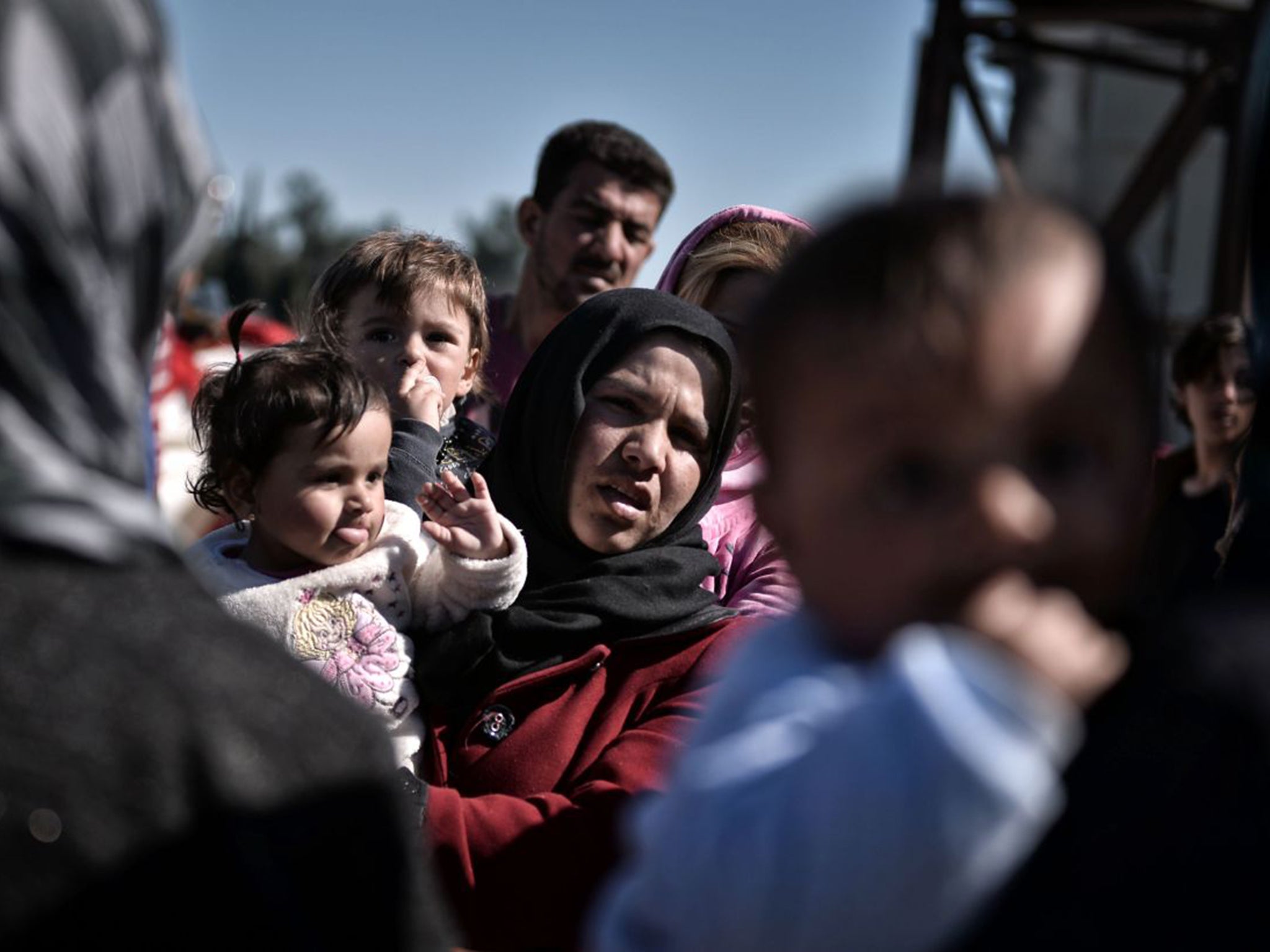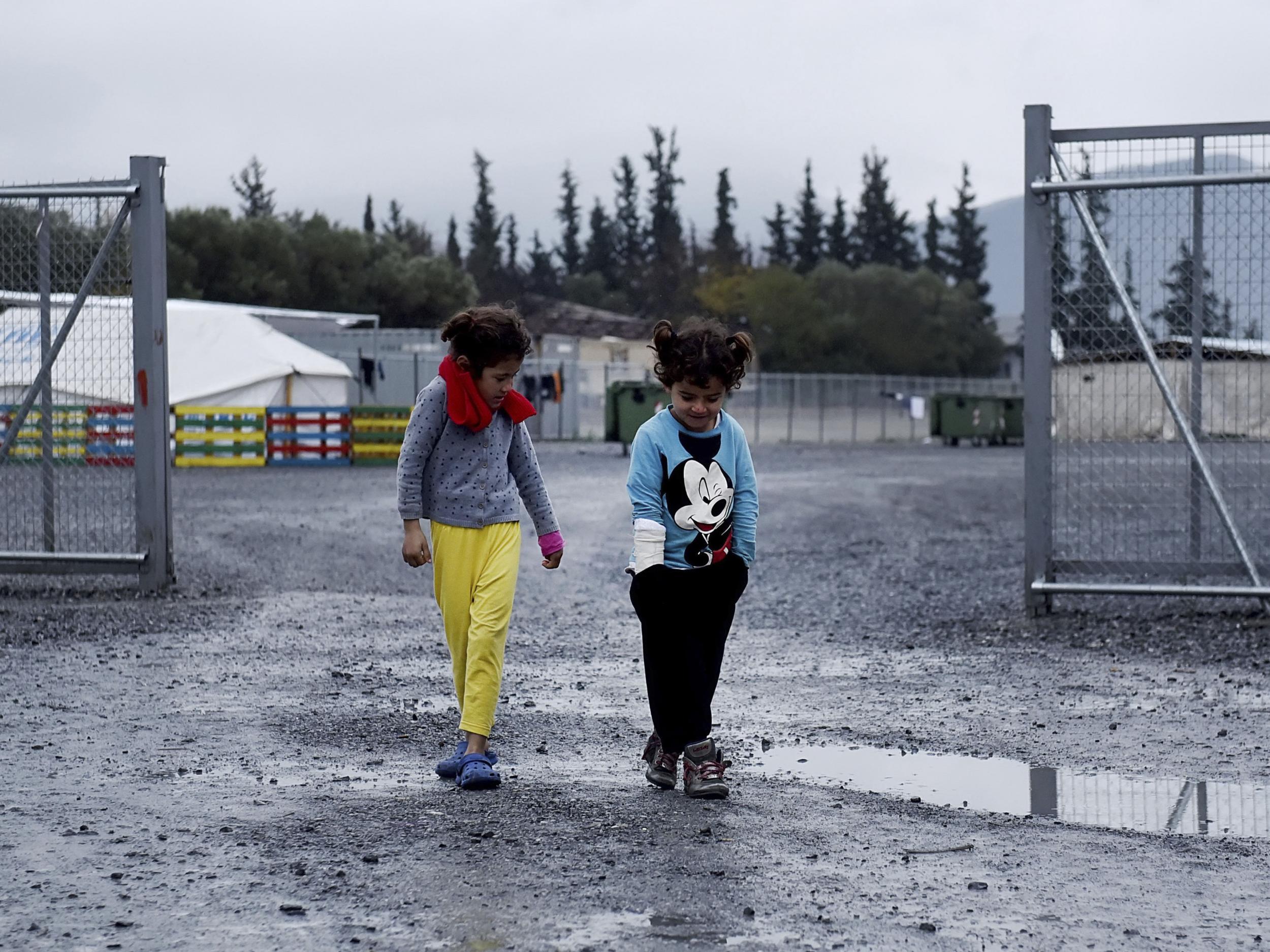EU plan to relocate 160,000 refugees from Italy and Greece by September failing despite record deaths at sea
European Commission considering legal action as only 40,000 set to be transferred by deadline

The EU’s plan to resettle up to 160,000 refugees from Italy and Greece throughout member states is failing amid waning political will to help those risking their lives to reach Europe.
Dimitris Avramopoulos, the European Commissioner for migration, said some countries have failed to relocate a single person “in breach of their obligations” as legal action is considered.
“Relocation is vital to the success of our migration and asylum policies based on solidarity and responsibility,” he told the European Parliament on Tuesday.
“This is why it is so essential that relocation works in all its aspects, and is implemented by everyone.
“For this, one element remains critical for the success of the scheme: the political will and the mutual cooperation and trust between member states.”
Mr Avramopoulos argued that the scheme benefits the entire EU and “integrity” of the Schengen area, calling for fresh efforts to move all eligible asylum seekers.
“This cannot be the responsibility of just a few member states – this must be shared be all,” he added.
“It cannot be that while the majority of member states are making real efforts in a real European spirit, others continue to show no solidarity.”
While more than 18,400 migrants have so far been taken from overwhelmed camps, 12,500 people in Greece and 4,000 in Italy remain stranded despite being found eligible for transfer under UN guidelines.
In September 2015, EU states committed to relocating up to 160,000 refugees from the two countries within two years, later revising the figure down to 98,000 after finding that fewer people than expected were eligible.
The total is on track to hit less than 40,000 by its deadline in September.
Asylum seekers trapped in squalid camps have killed themselves amid increasing desperation, as charities warn of attempted suicide, rape, sexual abuse and prostitution in Greece.
Hungary and Poland voted against the resettlement quotas, while they and Austria remain the only EU countries not to have relocated a single refugee, “in breach of their legal obligations” and commitments.
The UK chose not to take part in the EU’s quotas while carrying out its own resettlement schemes mainly targeting camps surrounding Syria.
The EU called on Italy to ensure all refugees eligible for relocation are properly registered, amid record arrivals over the Mediterranean Sea from Libya – a journey that has killed a record 1,300 people so far this year.
The European Commission will decide next month on any “infringement” cases against countries failing to resettle asylum seekers under the agreed scheme.
As well as Poland and Hungary, officials have singled out the Czech Republic, saying it has not been active for a year, while Austria has now pledged to take in people from Italy.
The ongoing crisis has increasingly pitted rising populists and right-wing governments against the EU, with Denmark vowing on Tuesday to defy a directive to lift temporary border restrictions within six months unless the EU “miraculously” stops irregular migration.

More than 1.6 million asylum seekers have arrived in Europe since the start of the refugee crisis in 2014.
While crossings to Greece have plummeted since the controversial EU-Turkey deal, the number of migrants arriving in Italy has continued to rise, seeing almost 13,000 people disembark last month alone.
The Italian government delivered four patrol boats to the Libyan government on Monday to bolster its capacity to combat people smuggling, despite allegations of widespread torture and human rights abuses.
EU states have backed an agreement drawn up by Italy to spend millions of euros helping the fragile Libyan Government of National Accord upgrade its capability with equipment and training.
Italian interior minister Marco Minniti said the boats would be followed by another six vessels in the coming weeks “to contribute to the security of the central Mediterranean, with a capacity to intervene against human traffickers and with preventative action against terrorism”.
Even centres nominally controlled by the government hold migrants captive in inhumane conditions, while gangs profiting from widespread lawlessness extort asylum seekers who are frequently abused, murdered and even sold in “slave markets”.
UN figures show 55,215 asylum seekers have made it across the Mediterranean Sea so far this year, mostly from Guinea, Nigeria, Bangladesh and Syria, while more than 1,300 have died in the attempt.
Join our commenting forum
Join thought-provoking conversations, follow other Independent readers and see their replies
Comments